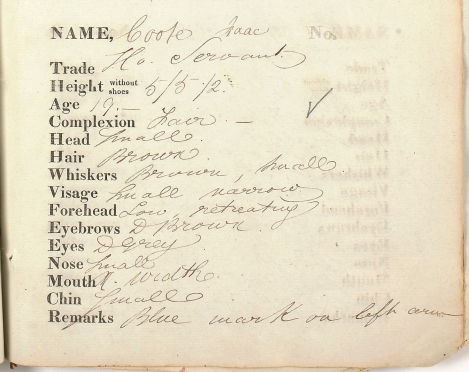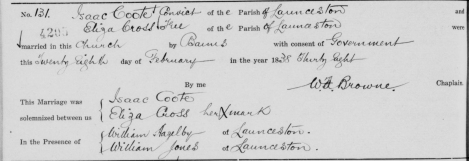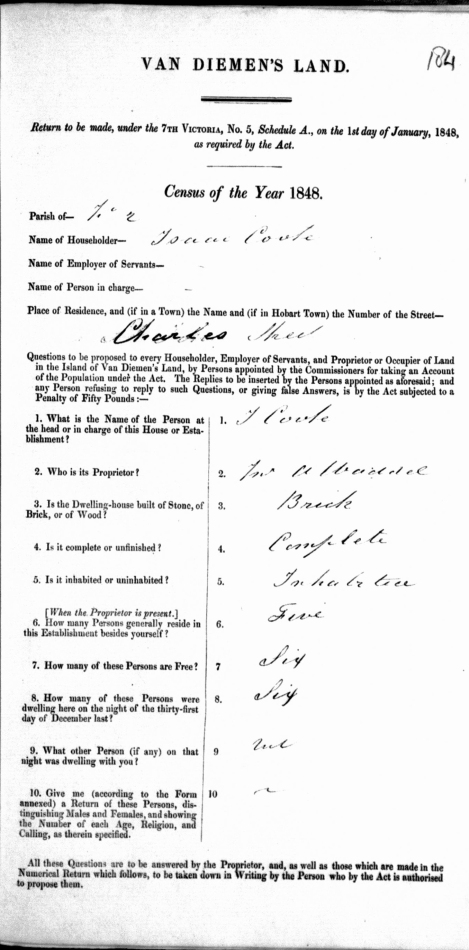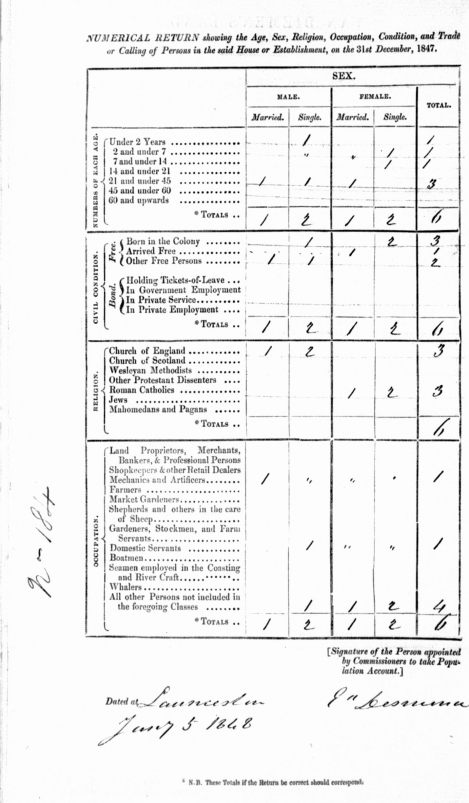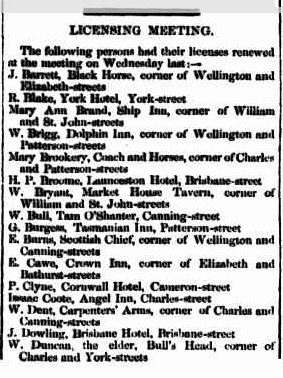[The two reports below are from the same newspaper, printed two weeks apart, and presumably refer to two different inquests into the same mishap. The second report also refers to a report one week earlier, which has not (yet) been electronically archived]
OXFORD, Saturday, Nov. 30
Jackson’s Oxford Journal (Oxford, England), Saturday, November 30, 1822; Issue 3631
Thursday last an inquest was held, at the pub-
lic house at Tingewick, Bucks, before Mr. Burn-
ham, Coroner for that county, on view of the
body of — Wells, keeper of the Old Angel public
house at Buckingham, who was found murdered
on the road, near the turnpike at Tingewick.
From the best information we can collect, we
learn that the deceased, with another man named
Brewerton, were returning, in a gig, from a
meeting held in Banbury for letting turnpike
tolls, on Monday last, and had quarrelled on
their road home; Brewerton had been heard to
say, “he would do for him.” When the de-
ceased was found, it was at first supposed his
death was occasioned by falling out of the gig;
but on a closer inspection of the wounds, there
was no doubt of his having been brutally mur-
dered. He had several severe blows about the
head and face, and one blow across his hand,
which it is probable was received when endea-
vouring to save them from his head. After a
very long investigation, the Jury returned a ver-
dict of Wilful Murder, against some person or
persons unknown.
INQUEST
Jackson’s Oxford Journal (Oxford, England), Saturday, December 14, 1822; Issue 3633
INQUEST
Upon Mr. W. Wells, of Buckingham
Held on Wednesday, Nov. 27, before Mr Burnham,
one of the coroners for that county
[THE CIRCUMSTANCE WAS GIVEN LAST WEEK]
Charles Cross, of Tingewick, shoemaker, deposed,
that on his road home from Buckingham last Monday
evening, the 25th of November, in company with his
apprentice, John Durrant, he met a horse and gig,
about half-past nine o’clock, without any person in it.
— that on approaching nearer Tingewick, they found
the body of a man lying by the road side — it was
quite cold — and a quantity of blood was under the
head and near it. Deponent immediately went to the
toll-gate (about 200 yards further on) to get as-
sistance, and on enquiring there whether a horse and
gig had lately passed through, the collector, Thomas
Brewerton, replied there had about half an hour ago;
and that the person who was with it was Wm. Wells,
of Buckingham. Whilst deponent was in coversa-
tion with the collector, in consequence of the ap-
prentice having gone into the village and given the
alarm, Benjamin Brewerton ran past the collector
and the deponent, as if alarmed, and on being called
to by name by the housekeeper at the toll-gate (Su-
sannah Stokes) he did not answer, but continued
running. Deponent followed, and on arriving again
at the place where the body lay, saw Benjamin Brew-
erton, who had arrived there about half a minute
before deponent, examining the head of the deceased;
and he (Brewerton) said he thought it was broken,
and expressed much surprise at finding Wells dead,
he having been to Banbury with him that day. De-
ponent waited till other persons came up, and then
left the place.
John Durrant, apprentice to the last witness, cor-
roborated his master’s testimony as to seeing the
empty gig and the body. On his master’s stopping
at the toll-gate, the witness ran on to Tingewick and
gave the alarm of the deceased having been found.
Went to several houses for that purpose, and amongst
others to that of Benjamin Brewerton, who was sit-
ting with his wife by the fire side. Benjamin Brew-
erton immediately ran out of his house towards the
toll-gate.
The Rev. Mr. Risley, of Tingewick, deposed that
on Monday evening the 25th of November, on his
return home from Buckingham in his gig with his
servant Richard Steeden, he met a horse and gig,
having no person in it, going towards Buckingham;
this was between nine and ten o’clock. Deponent
called to a waggoner who was passing at the time,
and desired him to take charge of the empty gig and
bring it back towards Tingewick. On deponent’s
road home, when about 200 yards on the Buckingham
side of the Tingewick toll-gate, observed three or
four persons standing by the side of the road, and,
on enquiring of the cause, learnt that William Wells
had been found dead. Deponent to ascertain the truth
got out of his gig and put his hand to the face
of the deceased and found it cold, and that he was
quite dead. Benjamin Brewerton was one of the
persons standing near the body, who said to depo-
nent that he had been to Banbury with the deceased,
and that upon their return they had called at
the Red Lion, and had quarrelled there — that the de-
ceased had used him very ill; in some further con-
versation with Brewerton on their way home, Brew-
erton expressed himself as being an innocent and an
upright man, and that he knew nothing of how the
deceased came by his death. Brewerton further
added, that the deceased was not intoxicated at the
time he had parted company with him at the Red
Lion.
William Stowe, of Buckingham, surgeon, deposed
that he had been called on to go to Tingewick about half-
past ten on the night of Monday the 25th ult. to see
a person who had been found lying on the road within
200 yards of Tingewick turnpike. On reaching the
spot, he found the body of William Wells, who ap-
peared to have received several wounds about the
head, and was quite dead. After noticing the posi-
tion of the body and limbs, and making such other
examinations as might tend to elucidate the cause of
the death, he directed that the body should be taken
to the nearest public-house for the purpose of inquest.
On farther examination in the presence of the Jury
this day, both ears were found severely lacerated, a
wound about two inches long on the right cheek, a
smaller one on the chin, the upper lip swollen, and a
front tooth deficient, an extensive wound on the back
of the right hand, and fluid having a spirituous smell,
was trickling from the left ear. Under the direction
of the coroner, he opened the head and removed the
brain, when a fracture was discovered extending across
the basis of the skull from ear to ear, which might
have been occasioned by falling on the top of the
head, or by considerable force applied overy one ear
while the opposite ear was on the ground — the left
ear had gravel in it, as if the injury had been sus-
tained while the head was in that position. Depo-
nent, on his first seeing the deceased, searched his
pockets and took from them 3l. 1s. 9d which, his wife
on receiving said, was within a shilliing or two of
what he had with him when he left home in the morning.
Joseph Terry, of Tingewick, labourer, deposed
that soon after eight o’clock on Monday evening last,
he heard the voice of Benjamin, exclaiming “Damn
his eyes, he shall have it.” Deponent lives next door
but one to Brewerton, and he (deponent) saw him
from his window at the time. Brewerton was wran-
gling afterwards with his wife or some person in the
house, and pulled his door to on coming out of it;
he returned again immediately, and on opening it said
to the persons inside the house, “D–n you, follow
me if you dare.” Brewerton then went towards
Tingewick turnpike-gate, passing deponent’s house,
and muttering to himself a the time, “D–n his
eyes, he shall have it.” Deponent thought at the
time Brewerton had been quarrelling with Edmund
Side, who was in Brewerton’s house.
Edmund Side, of Tingewick, labourer, deposed
that he was at the house of Benjamin Brewerton from
six till about nine o’clock on Monday evening the
25th of November. That Brewerton was absent at
the time he first went, but came in a quarter before
eight. He (Brewerton) appeared rather fresh — did
not remain above five minutes. That he then went
down to the turnpike, and was gone a quarter of an
hour, having been fetched home by his wife. That
he then remained ten minutes, during which time he
said he had had a few words with Wells, and behaved
very abusively towards his wife, saying he would go
out again and desiring her not to follow him. That
no words whatever passed between deponent
and Brewerton, nor did they even speak to each other —
That upon the request of Benjamin Brewerton’s wife,
deponent went to call John Brewerton to fetch Benj.
who did so, and brought Benjamin home. That Ben-
jamin remained in the house till deponent and his
wife left it, which was about half-past nine. — This
witness, on his re-examination said, that Brewerton
had said he would “wallop” Wells. And the evi-
dence generally came from him very reluctantly.
Charlotte Side, wife to the last witness, deposed
as to Benjamin Brewerton coming to his house, she
being there with her husband; that they left it to-
gether about nine o’clock; that, soon after they got
home, her husband went to the door and said “here
is the gig and Wells in it; he seems very fuddled, for
he sways about.” That about ten minutes after-
wards deponent went to Benjamin Brewerton’s house to
ask his wife to have some camomile tea, and saw
Benjamin Brewerton, and John Brewerton, drinking
beer together.
Mary Mansfield, the wife of Daniel Mansfield,
of the parish of Tingewick, victualler, deposed that
between the hours of 6 and 7 in the evening of Mon-
day, November 25, W. Wells and Benj. Brewerton got
out of a gig at deponent’s door; that they went into
the tap room together, and drank two pints of ale
with two half-quarterns of gin in it; they appeared
friendly towards each other at first, but afterwards
words arose between them about some money, which
the deponent cannot exactly speak to. Brewerton
appeared violent; threatened to knock Well’s teeth
down his throat; but on deponent’s interfering they
appeared good friends again, and got into the gig and
went away together. A few minutes afterwards
they came back to the door again and into the house;
Wells said on entering, “I don’t know what to make
of this fellow; he wants to fall out with me on the
road,” alluding to Brewerton, who said, “it was
only my fun.” Wells soon afterwards went to the
door, and got into the gig and drove off by himself,
leaving Brewerton in the house, who followed on foot
almost immediately. — Mansfield keeps the Red Lion,
at Finmere, but the house is in Tingewick parish.
Jas. Holton, butcher, of Tingewick, deposed that on
Monday evening the 25th ult. about 8 o’clock, Wm.
Wells, of Buckingham, called at deponent’s house,
in Tingewick, and told him that he (Wells) had come
from Banbury with Benjamin Brewerton, that even-
ing; that they had had words on the road, and again at
the Red Lion, where Brewerton at last promised to
drop it and shake hands; that Brewerton, when in
the gig again, used abusive language, and threatened
to fight Wells, who thereupon turned about to go to
the Red Lion again, where they agreed to settle the
dispute; but that Wells ordered the horse to be
ready, that he might drive away alone, for that Brew-
erton had threatened to knock his (Wells’) teeth down
his throat. Wells left deponent’s house about
twenty minutes past eight, but called again in the
gig on his way home, a little before nine o’clock;
nothing particular was said then; Wells appeared
a little fresh, but talked with deponent rationally,
and appeared perfectly capable of going home alone.
Susannah Stokes, housekeeper to Thos. Brewerton,
keeper of the Tingewick toll gate, deposed that she
did not leave her master’s house at all on Monday
evening the 25th of Nov. That Benjamin Brewerton
came there about half past eight; that he appeared
fresh, and had a few words with his father, and men-
tioned having had some with Wells. That deponent
sent Sarah Bedford to fetch Benj. Brewerton’s wife,
which she did; that Benj. Brewerton left the house
with his wife, but returned soon afterwards alone;
that he remained there about ten minutes, and quar-
relled with deponent about family affairs; that Ben-
jamin afterwards left the house in company with his
brother John, and did not return that evening. That
a gig, in which was William Wells, went through the
gate soon after nine o’clock. Benjamin and John
Brewerton had left the house some time.
John Brewerton, of Tingewick, labourer, deposed,
that between 8 and 9 o’clock, last Monday evening,
Edmund Side came to his (deponent’s) house, to re-
quest him to fetch his brother Benjamin away from
his father’s at the turnpike gate, as he was making
a disturbance there. That deponent went for his
brother immediately, and took him from his father’s
to his (Benjamin’s) own house; that he remained with
him drinking beer till past ten o’clock, and
never left him from the time he first went to the toll
house to that hour.
The evidence closed with this witness, and the
Jury, after taking another view of the body, and of
the gig from which the deceased is supposed to have
fallen, returned the their verdict, under the
direction of the Coroner, of Accidental Death.

